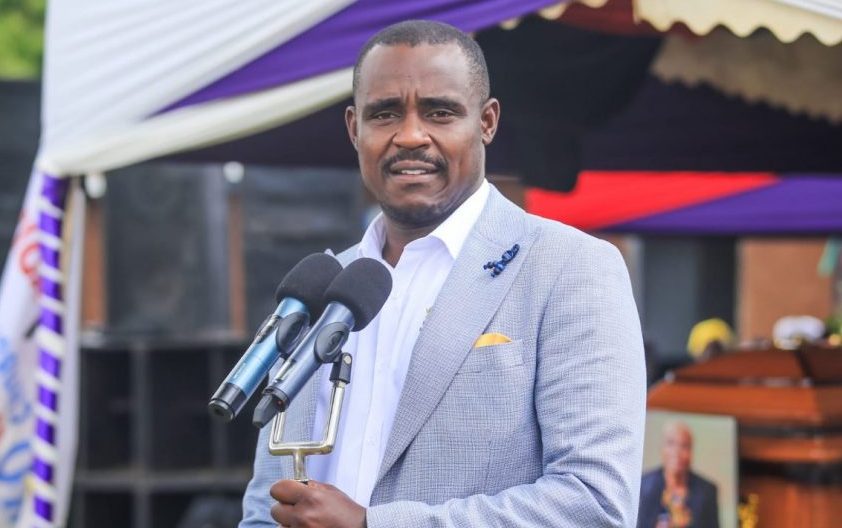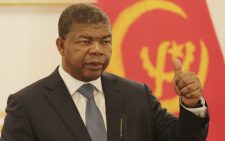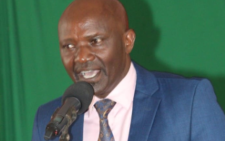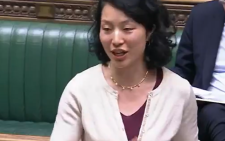China-Africa political cooperation gradually becoming a reality
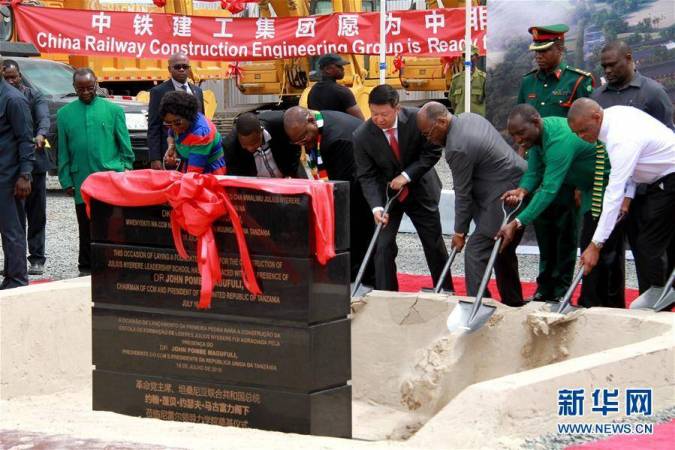
The recent inauguration of Mwalimu Julius Nyerere Leadership School in Kibaha, Tanzania has been hailed as a major milestone on the search for good governance in Africa. Seen as long overdue, the new institution brings together six political parties in Southern Africa.
These include the Revolutionary Party of Tanzania, the African National Congress of South Africa, the Mozambique Liberation Front Party and the People’s Movement for the Liberation of Angola, the SWAPO Party of Namibia and the Zimbabwe African National Union-Patriotic Front.
The choice of these parties is not by happenstance. They have a track record as the major post-independence vehicles that ruled their respective countries at the nascent stages of democracy. It is also noteworthy that all of them are still in power, which shows both their resilience and popularity.
China played a significant role in the establishment of this institution, a development seen as a milestone in Sino-Africa relations different from the already entrenched trade and infrastructural partnership. The fact that Africa is opening itself to Chinese democracy shows the maturation of the latter and a willingness to break the ideological bondage of Western geopolitics.
Chinese President and General Secretary the of Communist Party of China (CPC) Xi Jinping sent a congratulatory message during the inauguration ceremony in which he noted that “the six parties in southern Africa have united and led their people in the cause of national independence, construction and development, winning the support of the people.”
As the world experiences serious challenges unseen in a century, Xi noted that it is more important than ever for both partners to strengthen solidarity and cooperation, address risks and challenges, promote common development and enhance people’s welfare.
Indeed, this is the kind of road that Africa feels the CPC can offer great guidance. The CPC’s centenary celebrations last year served as an occasion for the world to see and learn how visionary leadership can transform a country. Through CPC’s 40-year-old reform and opening up policy, China became the first country in the world to declare the eradication of extreme poverty in December 2020.
CPC has also been a source of inspiration for Africa in the way it led China in countering the COVID-19 pandemic. Even in the middle of the massive crisis particularly in 2020, the country still found time and resources to spare in helping Africa stave off the pandemic from gaining a foothold on the continent the way it did many other regions, including developed ones.
As Xi noted, the leadership institute is an ideal opportunity for strengthening the exchange of experience and mutual understanding in governance between the CPC and African political parties. But this is not to say that China plans to overhaul Africa’s political system and make it adopt the CPC modus operandi.
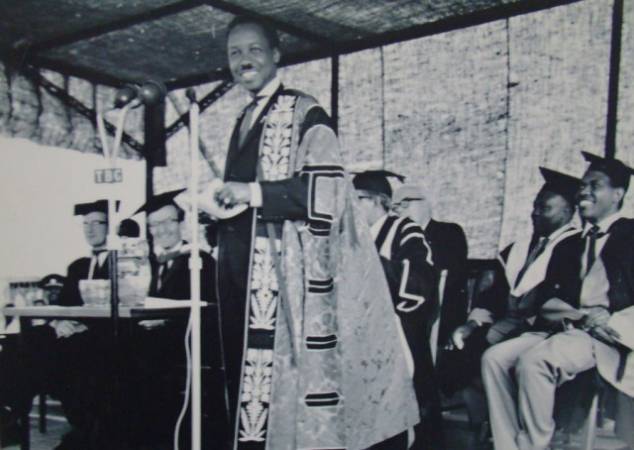
Rather, Xi’s vision is that the partners can support each other to follow the path of development in line with their own national conditions, and deepen pragmatic cooperation in various fields. Further, the institution will act as a centre for promoting the building of a high-level China-Africa community of shared future, and making a new and greater contribution to building a better world.
The $45 million centre is a joint project between the Chinese Government under the CPC and Tanzania’s ruling 45-year-old Chama Cha Mapinduzi (CCM) party. Tanzania President and CCM national chairperson Ms Suluhu Hassan noted that Africa was hungry for leadership that works, particularly in transforming the economic fortunes of the continent.
She also noted that the youth are also seeking political leadership positions in the future, which makes them eligible to study in the centre for preparation purposes. This one of a kind leadership school in the region will help in inculcating in the youth the fundamentals and principles of Pan-Africanism as espoused by the continent’s independence leaders like former Tanzania president the late Mwalimu Julius Nyerere.
“Mwalimu” stands for teacher, which is the kind of leadership embodied by the late Nyerere. He embodies the legacy of the liberation struggle, the spirit which should now be used by both the current and future crop of African leaders in the fight towards economic empowerment.
Nyerere also stood for servant-leadership and humility at a time when many leaders were generally ruled by greed for power and money. He also advocated for African socialism in a people-centred approach to leadership with little disparities between the rich and the poor. He saw education as a tool for the people’s self-empowerment and their integration in mainstream society.


